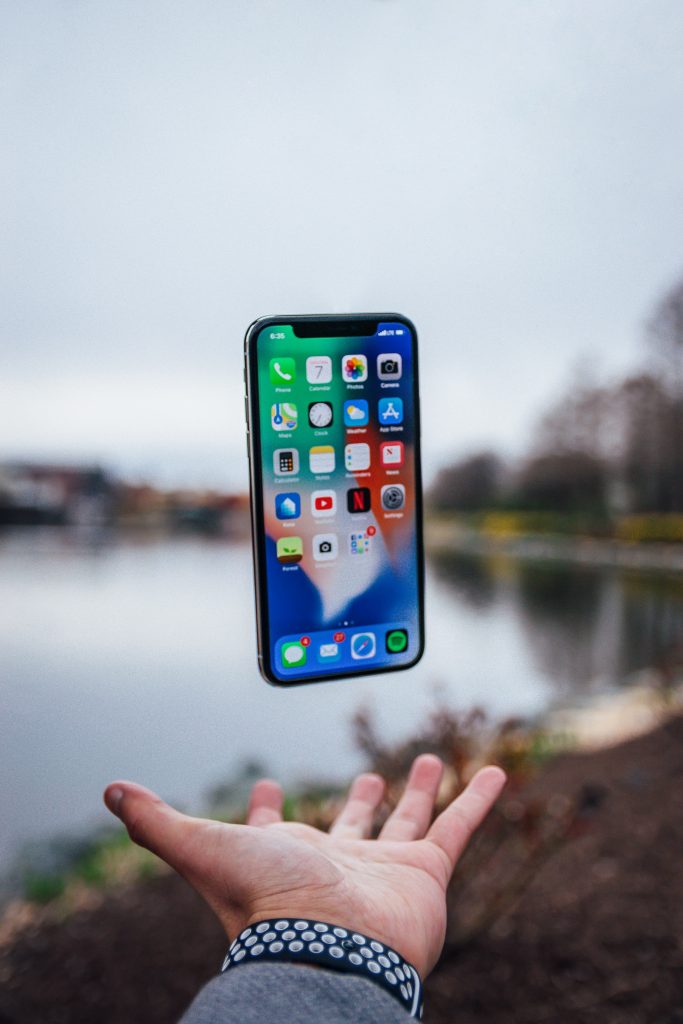As we enter into a new year, we all hope that it will be drastically different from the last. There’s a lot to look forward to in 2021, with vaccines on the way and a return to normal life ahead of us. In the healthcare industry, there are recent innovations that patients are sure to notice this coming year. We’ve put together the top 5 trends to give you a better idea of what 2021 will bring:
Remote Care/Telemedicine
Many of us are doing our part to reduce contact with others unless it’s absolutely necessary. The same is true in healthcare. It’s important to protect our doctors and nurses from the virus so they can continue providing essential care to their patients. Patients who want to meet with a naturopath doctor or primary healthcare provider can do so online, protecting the safety of both participants.
As a result, cybersecurity has become a concern for hospitals. Now that more of our healthcare system has moved online, security measures need to be ramped up. Medical information is incredibly sensitive and confidential; any data leaks could be detrimental. Patients need to feel confident that their medical records will be kept under proper security. Therefore, spending on cybersecurity is expected to increase with the rise of telemedicine.
AI and Machine Learning in Healthcare
What if your doctor was a robot?
While that might sound like the plot of a sci-fi movie, artificial intelligence is making big strides in the healthcare industry. Therapeutic robots are being used for those with dementia to reduce stress and provide socialization. Those who suffer from mental illnesses, such as depression and anxiety disorders, can use chatbots for valuable advice when they’re in need. This technology can also help doctors with diagnosing a patient and designing an appropriate treatment plan. The applications of AI in healthcare are vast, and they come at a crucial time when patients and healthcare workers need more support.
3D Printing
You may have heard how 3D printers are used for things like making computer or automobile parts. Now, they play an important role in our healthcare system, as well. These devices can be used to make face shields to protect people from COVID-19. Doctors use these printers to make custom prosthetic implants for patients, molded to fit the specific dimensions of their body. As this technology advances, it can be used to grow skin grafts for patients with damaged skin. This is promising for the future; perhaps one day, we can use these printers to make organs for patients in need. 3D printing has contributed tremendously to the medical field, and healthcare providers look forward to new developments in the industry.
Self-Monitoring Devices
Technology has made it convenient for patients to wear devices that monitor their heart rate, daily steps, and calories burned. Some devices can even detect temperature variations and blood pressure. For patients with health concerns that stem from these issues, a self-monitoring device gives them the freedom to leave the hospital safely. The device sends information to doctors immediately, allowing for real-time care. This technology is helpful for patients who need to be regularly monitored as well as those who want to make lifestyle changes.
Healthy Alternatives
In light of the pandemic, many of us are more conscious of our health than ever. People are looking to make changes in their lifestyles to promote better health. A few examples include:
- Dietary changes. Simple things like baking foods instead of frying them, or swapping sugary sodas for fizzy Kombucha, make a difference in your overall health. The stronger our bodies and immune systems are, the better we can fight off viruses.
- Creative exercise. With many gyms closed across the nation, we must find new ways to stay active. More people are exploring the outdoors to stay fit by going on walks, hikes, or runs.
- Less plastic surgery. Many of us are stepping away from the knife and opting to accept our age rather than run the risks of plastic surgery. Nonsurgical facelifts have become increasingly popular for this very reason.
Healthcare is developing at a faster rate than ever, with the demand for vaccines and adaptive care on the rise. Expect to see some big changes in the industry in 2021, which is a trend that will continue throughout the decade.


